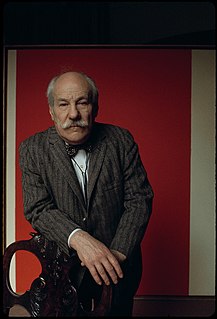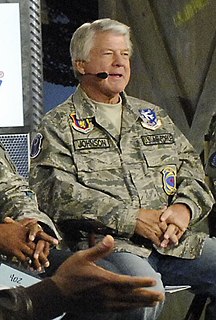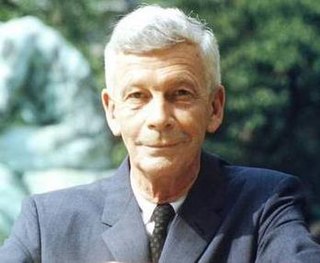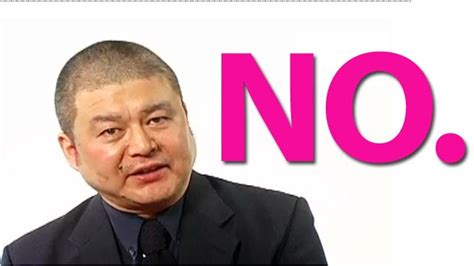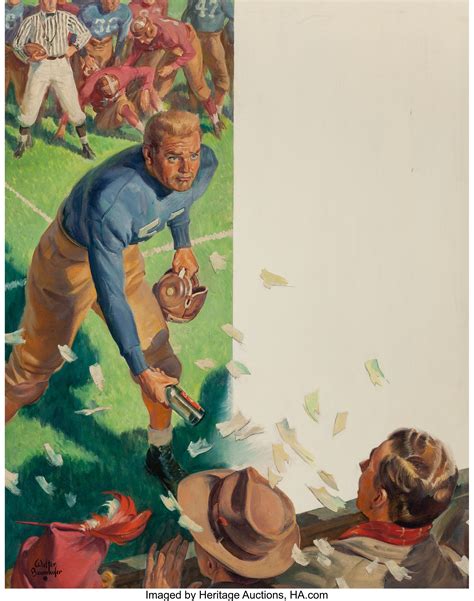A Quote by John Keats
A poet without love were a physical and metaphysical impossibility.
Quote Topics
Related Quotes
There is a way to practice hard and be physical without pads. You can still be a physical football team and be efficient in practice without pads. The 49ers practiced like that for a long period of time in the 1980s under Bill Walsh and were extremely successful when all the other teams were practicing in pads.
The poet or the revolutionary is there to articulate the necessity, but until the people themselves apprehend it, nothing can happen ... Perhaps it can't be done without the poet, but it certainly can't be done without the people. The poet and the people get on generally very badly, and yet they need each other. The poet knows it sooner than the people do. The people usually know it after the poet is dead; but that's all right. The point is to get your work done, and your work is to change the world.
Am I in love? Absolutely. I'm in love with ancient philosophers, foreign painters, classic authors, and musicians who have died long ago. I'm a passionate lover. I fawn over these people. I have given them my heart and my soul. The trouble is, I'm unable to love anyone tangible. I have sacrificed a physical bond, for a metaphysical relationship. I am the ultimate idealistic lover.
One of the appeals of William Carlos Williams to me is that he was many different kinds of poet. He tried out many different forms in his own way of, more or less, formlessness. He was also a poet who could be - he was a love poet, he was a poet of the natural order and he was also a political poet.
It is one thing to write as poet and another to write as a historian: the poet can recount or sing about things not as they were, but as they should have been, and the historian must write about them not as they should have been, but as they were, without adding or subtracting anything from the truth.
A poet’s freedom lies precisely in the impossibility of worldly success. It is the freedom of one who knows he will never be anything but a failure in the world’s estimation, and may do as he pleases. The poet is a man on the sidelines of life, sidelined for life. He belongs to the aristocracy of the outcast, the lowest of the low, below the salt of the earth. A member of the most ancient regime in the world. One that cannot, it seems, be overthrown.

